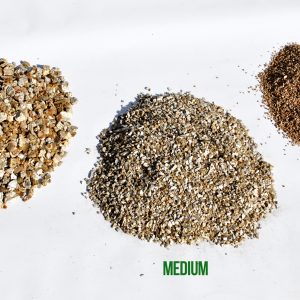Aluminium Sulphate in Nairobi, Kenya
Insulation World Kenya Limited supplies Aluminium Sulphate, soluble in water and is mainly used as a coagulating agent in the purification of drinking water and wastewater treatment plants, and also in paper manufacturing.
Call us today on 0722 401 175 to place your order.
Description
Aluminium sulphate (Al2 (SO4)3) is a chemical compound that is soluble in water. The compound is mainly used as a coagulant during the water purification process, wastewater treatment, and paper manufacturing. However, alum has found a rather interesting use in gardening.
For households, you can use food-grade aluminium sulphate. The compound is safe to use in small quantities of less than 28.5 g or one ounce. The household alum has plenty of uses and is available in powder and liquid form.
Aluminium sulphate isn’t a fertilizer, but still, many people use it in gardening. Alum is useful in gardening since it improves the pH of soil. So how does aluminium sulphate work in improving the soil’s pH?
Aluminium Sulfate Soil Amendment
Soil varies from one location to another. The difference isn’t only felt in texture but also in the level of alkalinity or acidity. Soil pH is the soil’s level of acidity or alkalinity. Soil with a pH level of 7 is considered neutral; those with lower than seven and higher than seven are graded as acidic and alkaline, respectively. Regions that experience plenty of rainfall have acidic soil, while dry areas tend to have alkaline soils.
When gardening, the soil pH is essential. When you’re gardening on soil with an unbalanced pH, it’s difficult for the plants to absorb nutrients from the soil. Also, you can have alkaline soil while you want to plant acid-loving plants. Most plants thrive well in soils having a pH range of 6.0 and 7.2, slightly alkaline or slightly acidic.
Nevertheless, some plants grow well in acidic soils. Example of acid-loving plants include:
- Hydrangeas
- Azaleas
- Blueberries
- Strawberries
- Grapes
If you have sandy soil, the soil is probably more alkaline, and you need to make it more acidic if you want to grow the above plants.
Aluminium sulphate acidifies the soil by lowering its pH, making it suitable for acid-loving plants. When you mix aluminium sulphate with water, it forms a diluted solution of sulfuric acid and aluminium hydroxide. The sulfuric acid solution alters the acidity level of the soil.
If your acid-loving plants aren’t thriving, you can carry out a soil test before starting the pH adjusting process. If the tests reveal you have alkaline soil, then you can apply aluminium sulphate.
Hydrangeas plants are very sensitive to soil pH. The soil pH can change the colour of hydrangeas flowers if you want to change your hydrangeas blue flower to pink or the blue ones to pink, just add alum in the soil.
When using an alum solution, wear gloves since chemical compounds can cause irritations. If you’re using the powdered form, wear a respirator or dust mask to protect your lungs and throat. If the aluminium sulphate chemical comes in contact with your skin, you should wash it off immediately.




